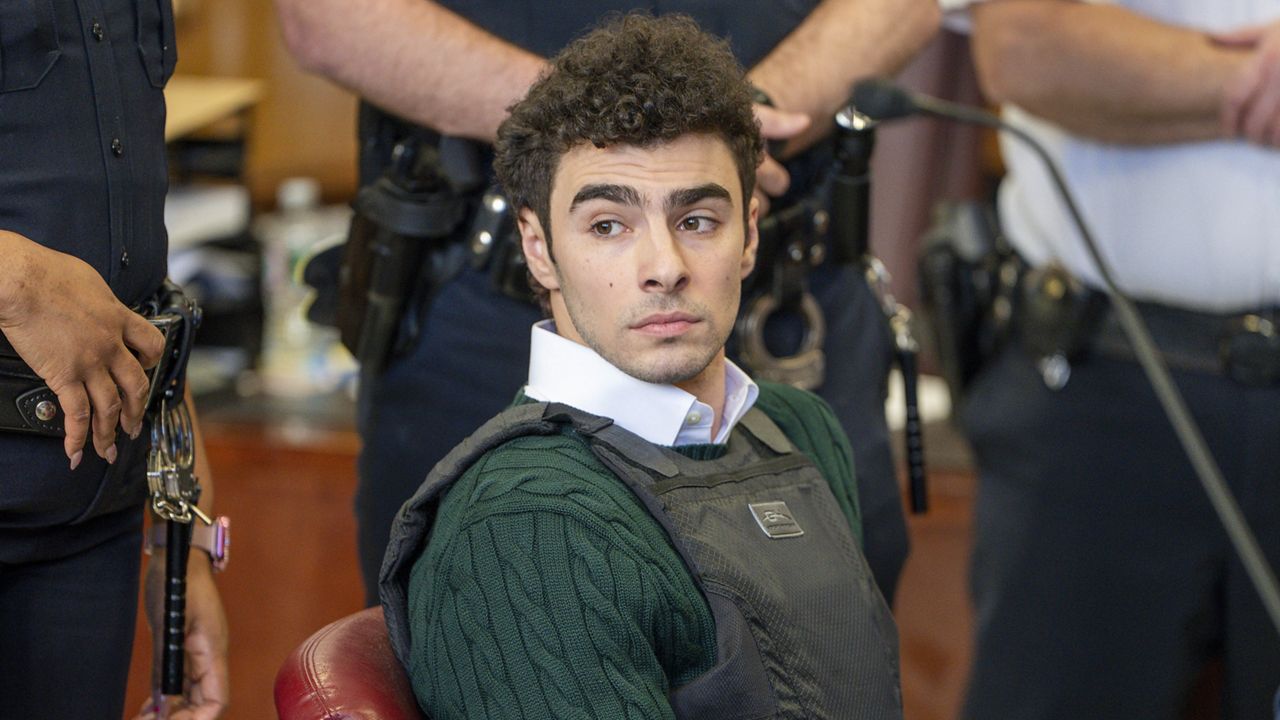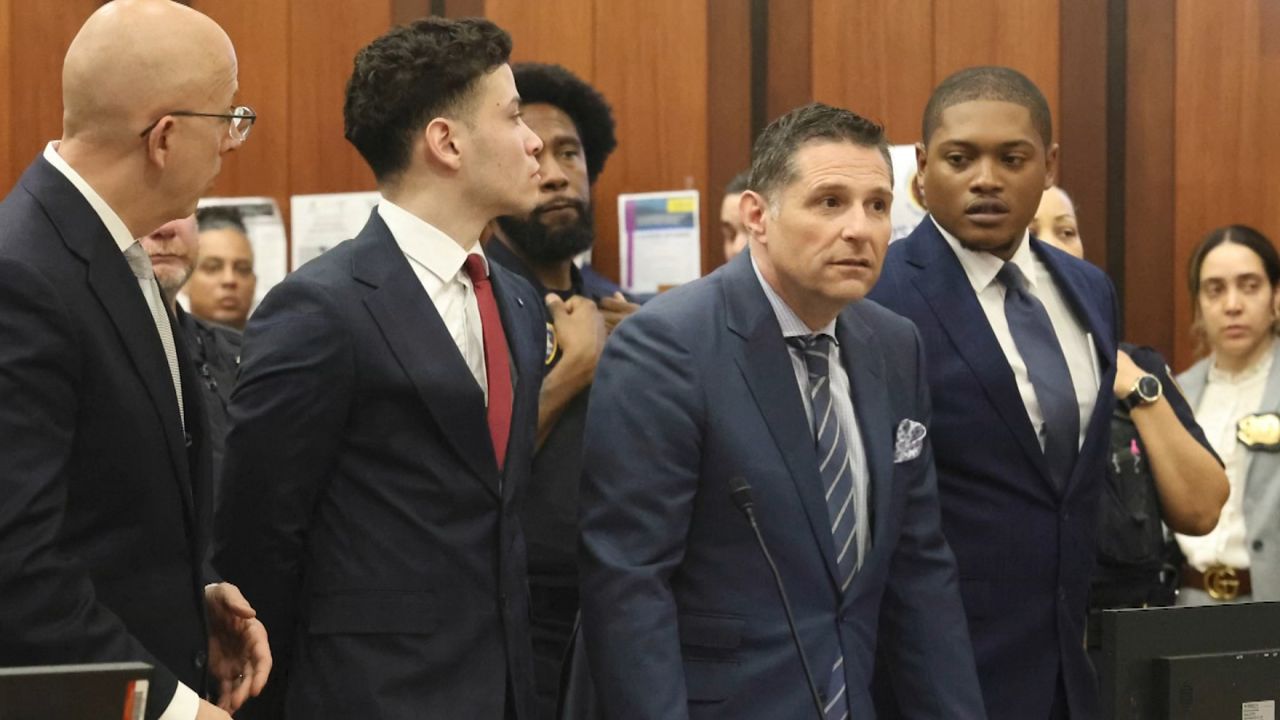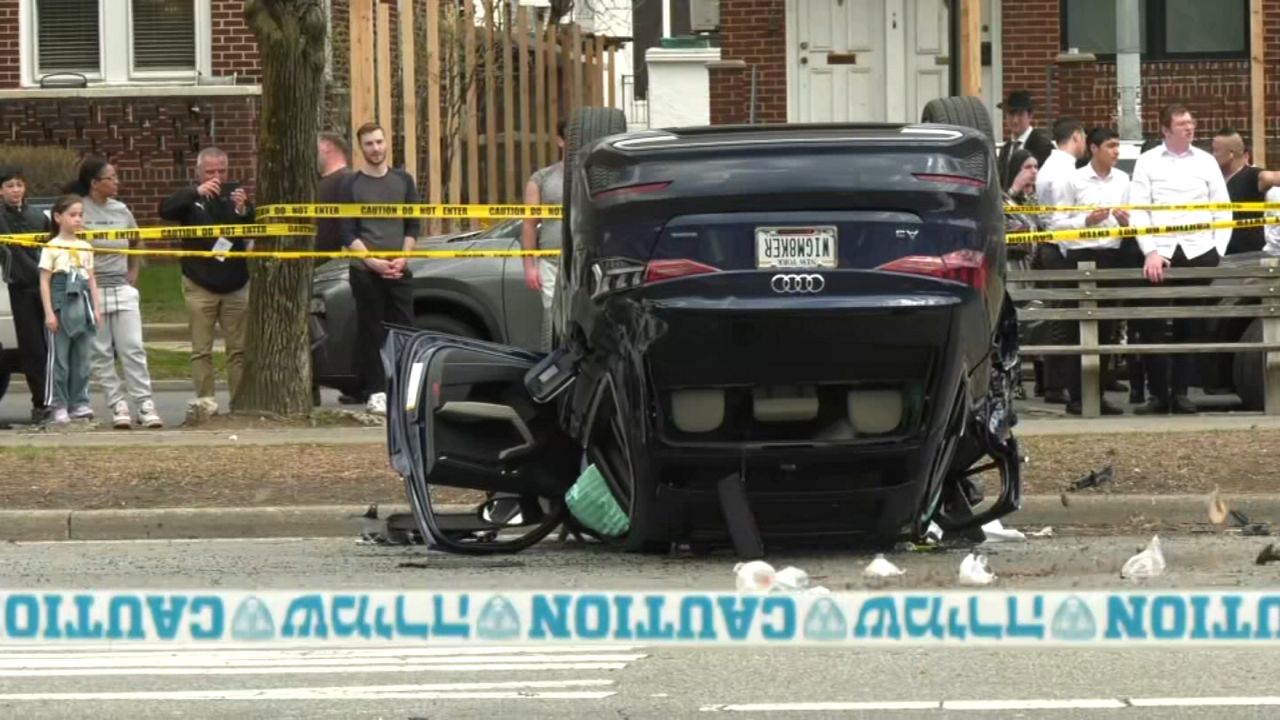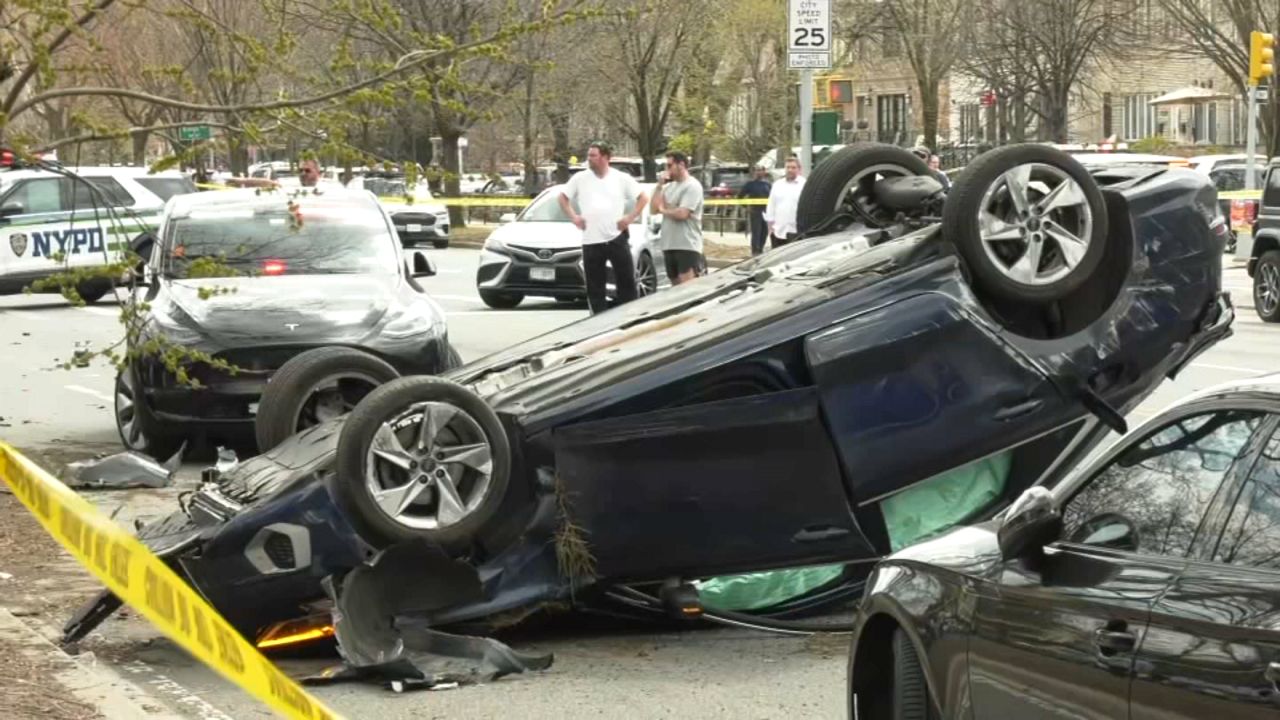It's a walk of shame: the perp walk.
It's when police detectives lead a handcuffed suspect out of a precinct station house and news cameras capture it all.
Quite often reporters will shout questions as the suspect is shuffled into a waiting police car. The suspect could be a powerful politician, a celebrity or an otherwise anonymous person suddenly charged in a high-profile crime.
Some City Council members are now trying to make perp walks illegal by banning the NYPD from parading suspects in front of cameras.
The bill's sponsors say perp walks serve no law enforcement purpose and are prejudicial to suspects who have not yet been convicted.
At a City Council hearing on Thursday, Queens Councilman Donovan Richards cited the Central Park Five, the teens who were found guilty of rape, but who were later cleared of the charges after serving jail time.
"They were walked and parade out of this precinct," Richards said. "Unfortunately, they were guilty before they even got a fair shake."
At the hearing, the NYPD said the proposed perp walk ban was not practical and that it could not support the legislation.
"There could be a gaggle of media there, a lot of cameras there. We need to set them off on the side to be able to use the door," said Oleg Chernyavsky, the NYPD's executive director of legislative affairs. "Clearing a doorway by telling them stand on the side, are we staging a perp walk?"
Richards asked Chernyavsky, "Do you support a bill that says you can't call the media?"
Chernyavski responded that the NYPD routinely calls the media when officers have apprehended a suspect in order to alert the public.
Richards said that was fine, but maintained that once a suspect is arrested, perhaps the media should not be notified that the person is being transported from the station house.
However, often the media can figure out where a suspect is being held simply based on where the crime was committed. At the hearing the NYPD said it fears the legislation could end up with officers handcuffed and charged simply if news cameras record video of people they've arrested.









